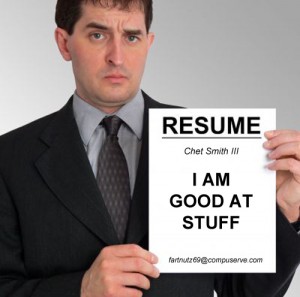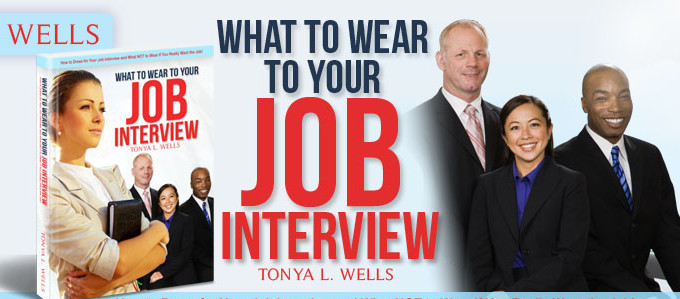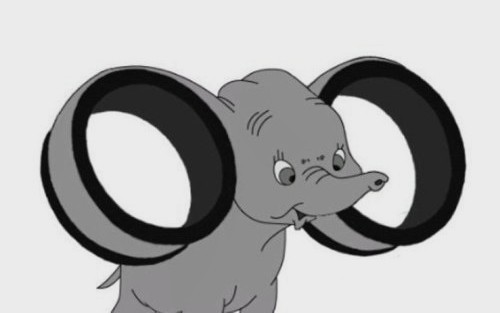The #1 Resume Format Question I Get Asked!
By Tonya Wells – One of the most common questions I receive from job seekers is about their resume format – specifically, how long their resume should be. How many pages a resume should be really depends on how long you have been in the work force and how much experience you have. And, it also depends on the personal preferences of the recruiter into whose hands your resume falls.
There are a lot of recruiters out there who insist that a proper resume format should include no more than one page. There are other recruiters who insist that a resume should be at least two pages, but no more than that. What is even more frustrating is that there are newspaper/internet/website articles (take your pick) who all have conflicting advice on them as well.
So, what is a job seeker to do? The most important resume format issue to address is to have some essential information in your resume, touch upon the key points, but try to keep it to two to three pages initially.

Here are my Top 5 items that I look for in someone’s resume format:
1) Above the Fold criteria – Above the fold is a newspaper term that refers to the top page of the newspaper that everyone reads first. You can’t always guarantee that people will get to the bottom of the page, so you put your best foot forward on that top half. It is the same with resumes. The ‘Above the Fold’ for resumes is everything that you can see on your computer screen without having to scroll down. This area should have Job Titles in which you envision yourself, a list of 5-10 bullets that very concisely sum up whatever you do best, and a list of 12-16 keyword skills you possess. In a proper resume format, Education, Certifications, and Job History should never be listed here. They belong at the bottom of your resume, and Job History belongs below the fold after you’ve listed these other key items.
2) Consistent Working History – I am looking primarily for gaps in work history as I scan through your resume the first time. Have you job hopped a lot? Are there periods of time where you were not employed? There should reasons listed here for those gaps. Do not leave these out in order to keep your resume format less than two pages. I believe you should have the past ten years of working history listed on your resume. This should take up about half a page to a page and a half. If experience older than ten years is relevant for the job for which you are applying, you are better off condensing what you write for each job as far as accomplishments go, and putting in more work history. If the last ten years is the most relevant for this job (and that is the case for most people), place the following phrase at the bottom of your work history – ‘Prior Working History Available Upon Request’. If you get a request for this information, then you will give them the rest of your working history in a separate resume format.
*Note: You should always have TWO resumes. You should have an abbreviated resume and a full blown resume containing all work history. The full blown resume can be up to 4-5 pages, but I wouldn’t recommend going over that because nobody will read past 4 or 5 pages anyway.
3) Grammar, Punctuation, Spelling – I am looking at your attention to detail, and for someone who reads resumes all the time, mistakes like these stick out like a sore thumb. When I see a resume format that has lots of mistakes in them, I am unimpressed. They automatically hit my trash pile. If you can’t be conscientious enough to do a good job on your resume, you probably won’t pay a lot of attention to details on your job either.
4) Are you selling yourself? – I like resumes of candidates who use power verbs and who are not afraid to really sell me on how great they are. I don’t want a description of what you did from day to day. I want to know specific things that you accomplished. What did you do that was a really big deal?
5) Keyword Searches – Finally, your resume format will not turn up in my resume database or anywhere else for that matter, if you do not have multiple instances of key things with which you have experience with listed in your resume. You should use the exact same keyword phrase here. Are you a Financial Analyst? You should have the word ‘Analyze’ or ‘Analysis’ listed in your resume at least 3 or 4 times. Are you a software developer? You should have whatever language in which you develop listed multiple times in your resume as well. This helps my resume database search engine as well as all the other recruiters who are looking for you out there find you in the first place! Keywords are essential in getting found as potential fits for jobs. So, make sure that whatever your top 12-16 skills you listed in your ‘Above the Fold’ section above are also scattered throughout your resume as well. This will help your search rankings rank much higher when recruiters are searching for you using their resume database search engines.
6) Review Your Resume Before Submitting It! – Once you have all of this information entered, look at how many pages your resume is currently. At this point, it should be about two pages long. And make sure you read through it from top to bottom to catch any typos, grammatical, or punctuation problems. Have someone else read your resume! A fresh set of eyes will be able to catch mistakes you won’t catch because you’ve been looking at your resume so long.
If a resume is only one page, I usually chunk it in the trash automatically because as a Retained Search recruiter, I am typically only filling positions which require experienced individuals with 5 or more years of experience. Anyone who has worked this long should have at least two pages worth of information. If they don’t, they’re not experienced enough for me. And, if it’s not that long, they usually haven’t done a good job at completing Tips #1, #2, and #4 above.
I am not going to beg you to tell me about yourself, so if your resume is only one page, for me personally, it is not worth my time to review it. If it is over two pages, I am not going to penalize you for it. In fact, if someone has over ten years of experience, I don’t even mind looking at a three or four page resume if it is well written.
My long drawn out answer to the original question, ‘How long should your resume be?’, is that the length of your resume usually depends upon the individual recruiter’s personal preferences. You can’t go wrong with a two page resume, and even a three or four page resume is not going to hurt you if you have fifteen or more years of experience. But, try not to go too far past three pages.
My advice is not to sweat the length of your resume so much, and get more focused on the layout, resume format, and actual content of the resume itself.
If you are interested in having me take a look at your resume, I do offer Resume Critique and Resume Makeover services. You can visit my company’s webpage, Ally Resource Group, for more information. Click Here and this link will take you directly to the Fix My Resume page.
 BlogAboutJobs | Career | Job | Employment | Job Search Your Career Ally | Find a Job | Resume Makeover | Salary Info
BlogAboutJobs | Career | Job | Employment | Job Search Your Career Ally | Find a Job | Resume Makeover | Salary Info



